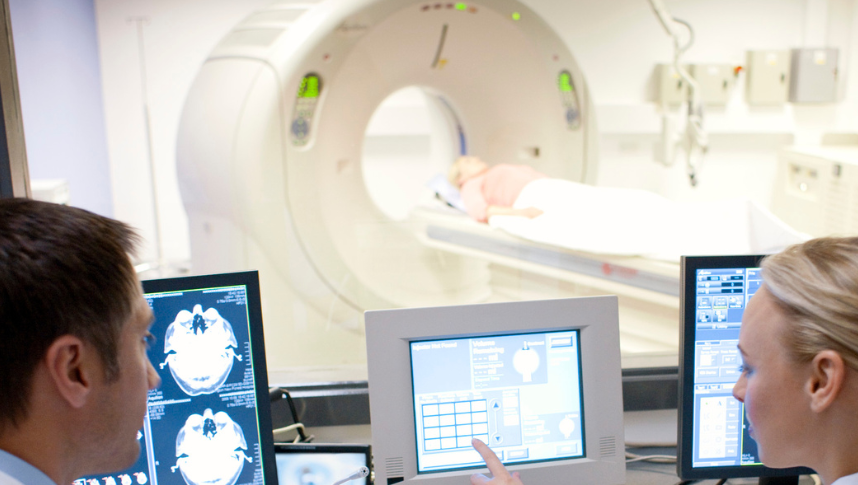
Poland’s experience: reaching rural populations with mobile lung cancer screening
Prof. Dr. Joanna Chorostowska-Wynimko, SOLACE Scientific Coordinator and Poland lead, and Head of the Department for Genetics and Clinical Immunology at the National Institute of Tuberculosis and Lung Diseases in Warsaw, is leading efforts to make lung cancer screening more accessible across Poland.
With hopes that a permanent national screening programme will be implemented as early as 2025, significant groundwork has been laid through years of pilot studies and, more recently, through approaches introduced by the SOLACE programme to make screening more accessible to all.
Watch to learn more about Poland’s experience.
Note: This video is in Polish. Turn on captions/subtitles in the video player toolbar, then choose your preferred language to follow along.
Building on national pilot programmes
Lung cancer screening has a long history in Poland. Starting in the early 2000s, a nationwide pilot covered six macro-regions and demonstrated that large-scale screening was feasible. Today, several regional projects continue this work, while the country awaits a final decision from the Ministry of Health to include lung cancer screening as part of the National Health Fund’s permanent offer.
A key lesson from the early pilots was that screening is most often provided by academic centres in larger cities. As a result, people living in smaller towns and rural regions were less likely to be recruited for lung cancer screening. This gap prompted the development of new solutions to improve access for underserved populations.
Reaching high-risk groups in rural areas
Lung cancer screening focuses on people at higher risk of developing the disease. This usually includes those aged 55 to 74 years with a smoking history of 20 pack years or more, which means smoking the equivalent of one pack of 20 cigarettes a day for 20 years.
Identifying and engaging this group requires strong collaboration with local healthcare professionals. Family doctors and lung specialists play a central role in informing patients about screening and encouraging them to participate. Sustained engagement is also essential to ensure that people return for regular follow-up scans over time.
Introducing mobile screening units
To overcome barriers like distance, travel costs and limited information, Poland introduced a mobile lung cancer screening unit as part of the SOLACE programme. Specially equipped vehicles brought computed tomography (CT) scanners directly to communities that previously had limited access.
Low-dose CT is a type of X-ray that takes detailed pictures of the inside of the chest. The “low-dose” technique means it uses much less radiation than standard CT scanning, with an exposure level lower than that of a short-haul flight. The scan itself is quick and painless, taking only a few minutes, and helps detect small nodules or other changes that could indicate cancer at an early stage, as well as other abnormalities within the chest.
This approach was tested in the Lubelskie Voivodeship, where collaboration between family doctors and lung disease specialists led to screening more than 2,600 people in a short period. The experience showed that mobile screening can significantly expand coverage and help detect lung cancer earlier in high-risk groups.
Preparing for a national programme
Poland is moving closer to making lung cancer screening available nationwide. While a final decision is pending, the experience gained from pilot programmes and the SOLACE initiative has provided a strong foundation for a sustainable, effective screening system.
By combining the expertise of academic centres with the reach of mobile units and the support of local healthcare professionals, Poland is working to ensure that everyone at risk, including those in rural and remote areas, has the opportunity for early detection and better outcomes.

